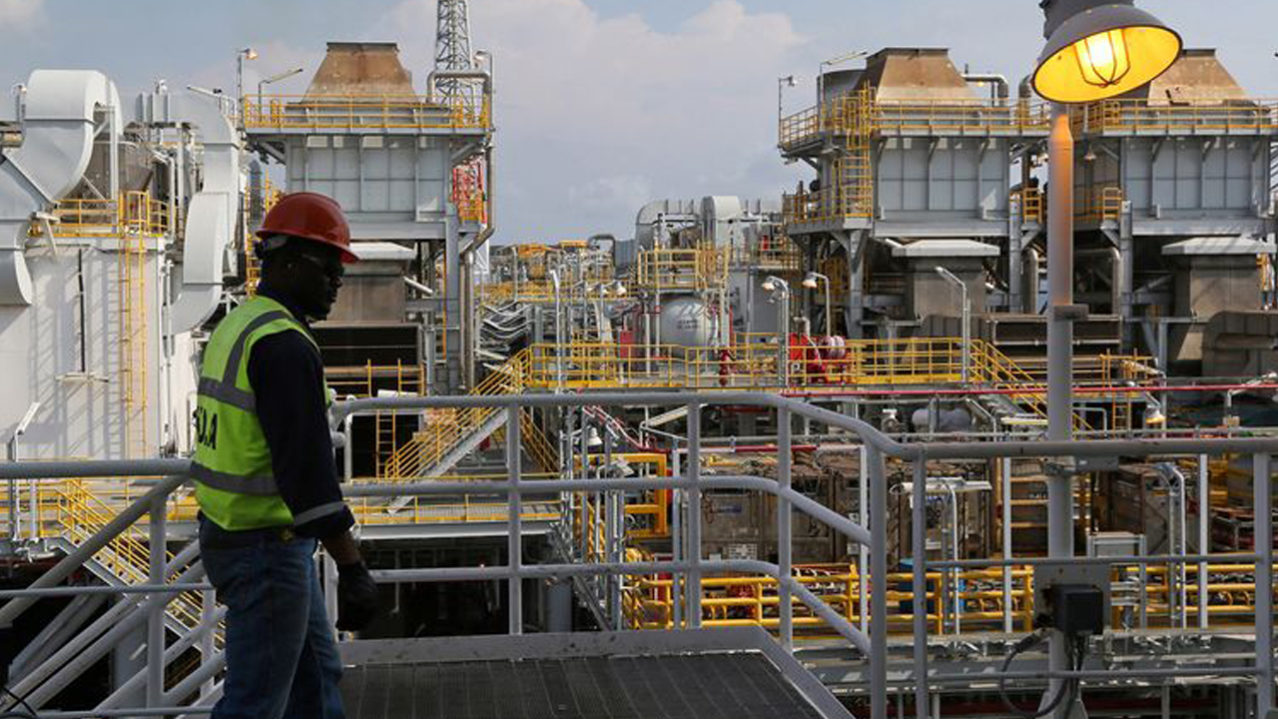By Energy Worth
The National Economic Council (NEC) has directed the Nigerian National Petroleum Corporation (NNPC) and other agencies in the country to refund unremitted revenues in the sum of N8trillion (about $21billion) and another N526billion into the Federation Account.
The council, headed by Vice President Yemi Osinbajo, consists of governors of the 36 states of the federation, minister of the Federal Capital Territory (FCT), governor of the Central Bank of Nigeria (CBN) and minister of finance.
The directive came on Thursday, following the adoption of a report by auditing firm, KPMG.
Recall that following suspected cases of revenue leakages, NEC in August 2015 had constituted an ad-hoc committee to audit some government agencies allegedly remitting dollar revenue in naira into the national treasury.
The committee was initially chaired by former governor of Edo State, Adams Oshiomhole, who handed over to Governor Ibrahim Dankwambo of Gombe.
Briefing State House correspondents after yesterday’s meeting, Dankwambo said the presentations and reports by KPMG and recommendations resolved to identify instances where there appeared to have been criminal infringements, and forward the same to the attorney general of the federation and the legal committee of NEC for further action.
He said council also resolved to pursue measures that would strengthen NNPC’s governance structure, to prevent recurrence of gross under remittance by the revenue generating agencies.
According to Dankwambo, after receiving the report, Minister of Finance Kemi Adeosun recommended that the agencies refund the money to government’s coffers.
Dankwambo said the organisations audited included the Nigerian Maritime Administration and Safety Agency, Nigeria Ports Authority and Nigeria Customs Service.
He was joined by the governor of Zamfara State and Chairman of the Nigerian Governors’ Forum, Abdul’ Aziz Yari; Governor of Osun State Rauf Aregbesola; and Minister of Budget and National Planning, Udo Udoma.
Dankwambo said: “We are talking about Federation Account because those that paid by law to the Federal Government are the responsibility of the Federal Government. So, all the entities in the budget that are supposed to pay revenues into government’s coffers were checked from 2010 to June 2015. One of the resolutions of NEC, today, is to extend the audit to June 2017. So, the audit will continue for the remaining agencies. These are NNPC, Nigerian Petroleum Development Company (NPDC), Department of Petroleum Resource (DPR), Customs, Federal Internal Revenue Services and Nigerian Ports Authority (NPA). All the revenue generating agencies and the details of the infringement are contained in the report.
“The most important decision that was taken is that a sub-committee will be set up, which will be an arm of the legal committee of NEC that will look into the details of these kinds of infringements and make sure that those issues that are criminal and require prosecution would be handled by the office of the attorney general of the federation.
“We are not looking for a company that is doing well. Accountability does not mean you are doing well. The mirror is very big. And how you look at the mirror is how you will see yourself. So, it is an exception report. We are not looking at the good boys; we were looking for exceptions. And to go further, it is a forensic audit detailing this kind of shortcomings.”
In his remarks, the Zamfara State governor said NEC also discussed the idea of states determining how much is paid as subsidy by government and not the NNPC.
He said: “The item was brought up for discussion, but it was referred back to the sub-committee for remittances, of which I’m chair. We are doing the nitty-gritty with NNPC in terms of remittances. Don’t forget that the reason we got it right in 2016 on the NNPC side was because oil prices were too low. It was easy for everyone to get fuel into the country and make profit. So, when the price started going up, the marketers began adjusting, because they needed to have a template of cost recovery and how they are going to make up the difference from the pump price to the landing cost of what they are importing.
“Our problem is the volume; the quantity of consumption which is not acceptable. Working with the governors, so many decisions were taken. By next month, we are going to adopt that position; either the governors to take responsibility for the subsidy in their states based on the consumption or we look at other ways.








